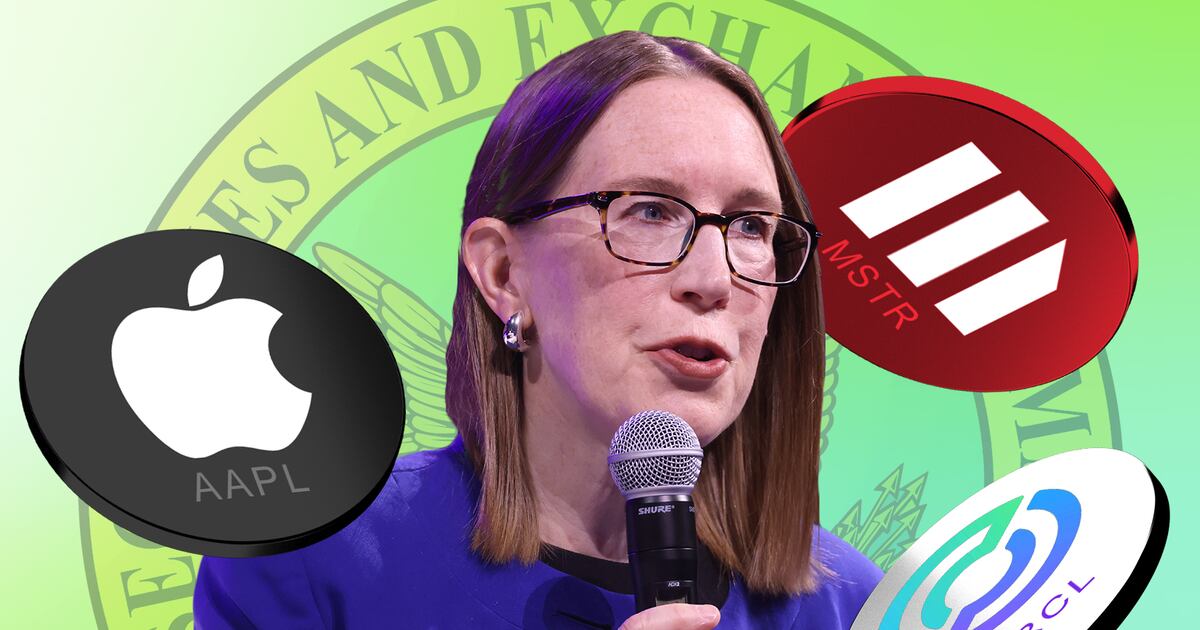‘Tokenized Securities Are Still Securities’ – SEC Commissioner Hester Peirce
Despite wrapping traditional equities in code and placing them into smart contracts, U.S. securities regulators maintain that these assets are still considered securities, according to SEC Commissioner Hester Peirce.
Speaking implicitly in a Wednesday letter, Peirce countered claims that tokenization fundamentally alters an asset’s legal status. “As powerful as blockchain technology is,” she wrote, “it does not have the magical abilities to transform the nature of the underlying asset.” She reiterated,
“Tokenised securities are still securities.”
Legal Status Persists Amid Tokenization Boom
Peirce emphasized that while blockchain might alter access points to financial assets, it cannot override established legal frameworks governing financial markets. Trading tokenized securities places participants under the Securities Exchange Act of 1934.
The regulator highlighted significant complexities. “Market participants must recognise the many complexities associated with tokenised securities,” Peirce warned. The classification of a tokenized security can vary significantly based on its structure and use, potentially falling under different regulatory categories, including restricted instruments like security-based swaps.
‘Gold Rush’ in Tokenized Equities
Commissioner Peirce’s views arguably temper enthusiasm for the burgeoning market for tokenized stocks. Despite regulatory clarity being “crucial and work in progress,” the space is experiencing growth globally.
European initiatives lead the market, featuring services from prominent players like Robinhood (launched tokenized US stocks trading in June) and Kraken (partnering with Backed for xStocks on Solana and BNB). In the United States, significant developments include Coinbase seeking SEC approval for tokenized stock trading and Ondo Finance acquiring an SEC-registered broker (Oasis Pro).
Though not formal SEC policy, Peirce’s comments, delivered under a known pro-industry bias (earning her the nickname “Crypto Mom”), are likely influential. They represent a significant development in the ongoing debate about crypto regulation and the application of existing securities laws to tokenized assets.












